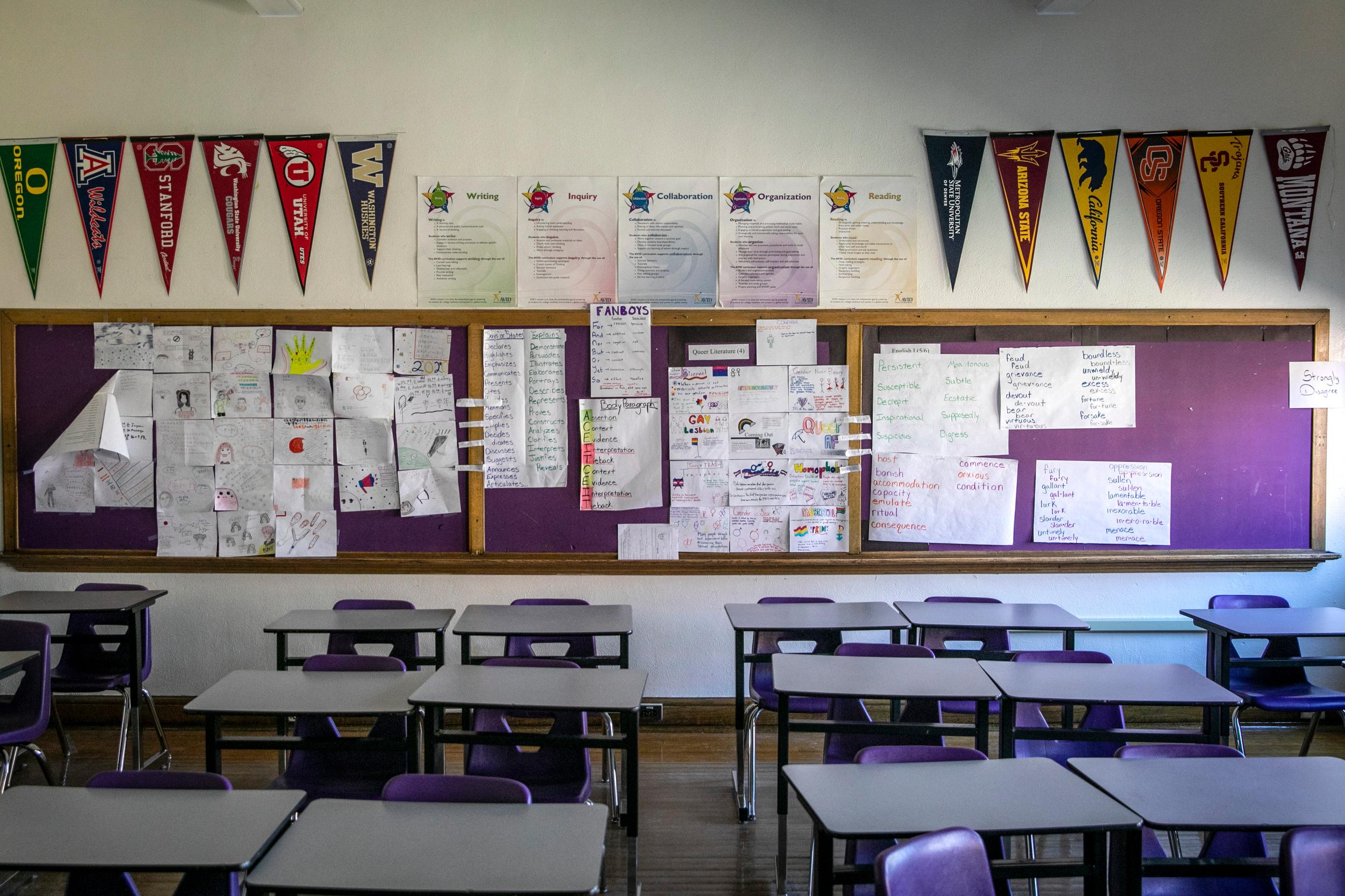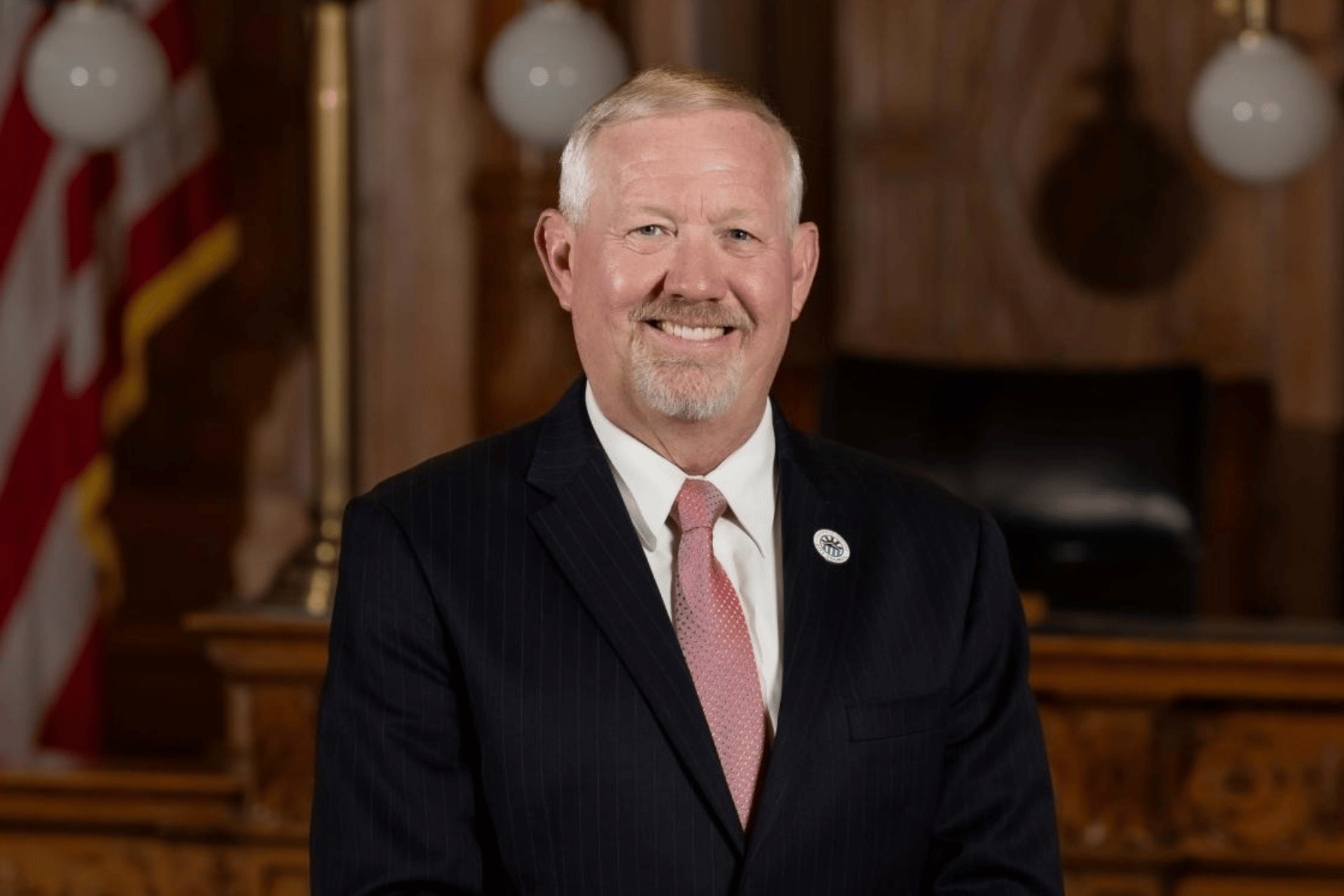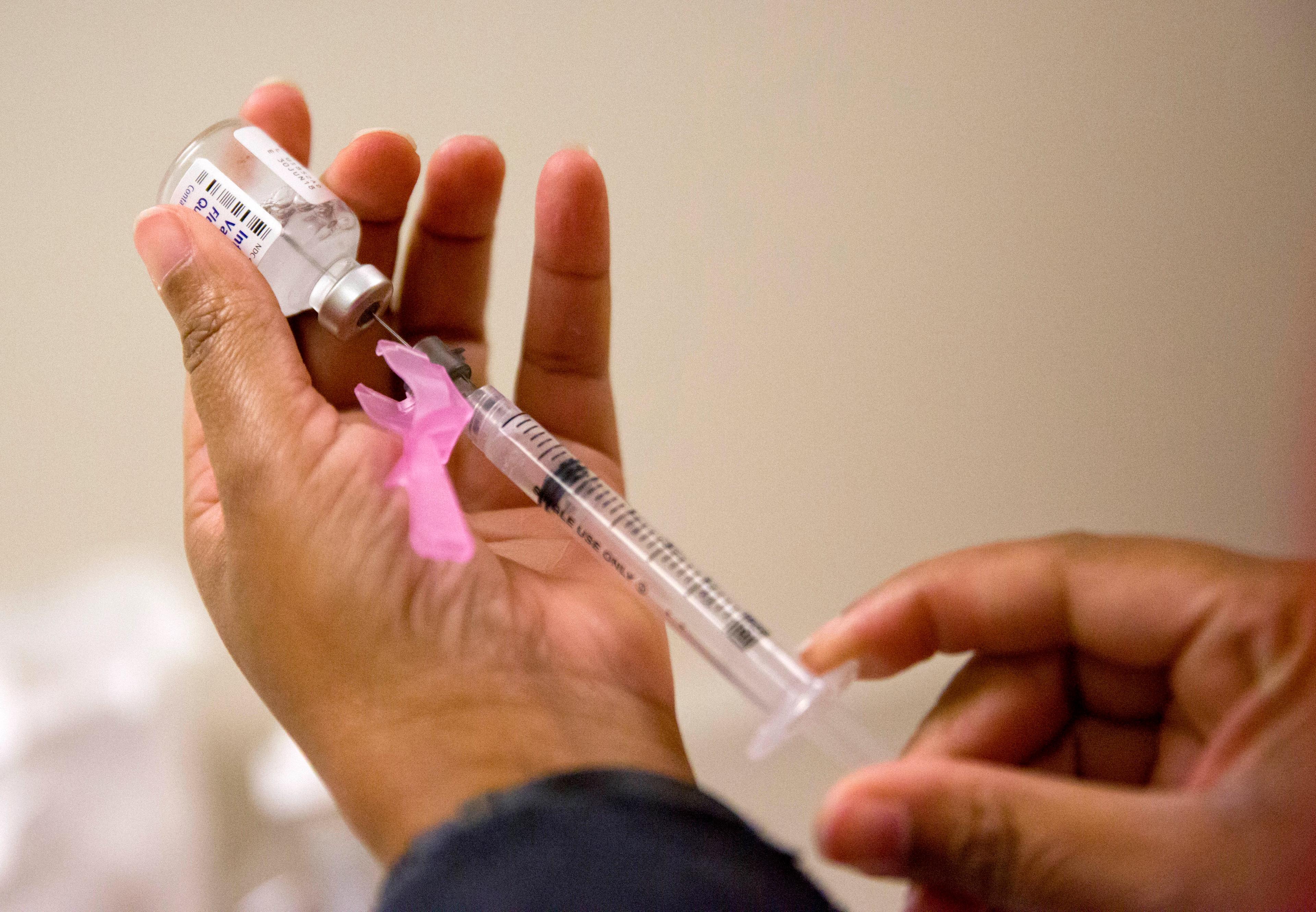
Originally posted on Chalkbeat by Erica Meltzer on July 28, 2020
Republican lawmakers in Colorado want to redirect state money from schools and instead give it to families so they can hire teachers and buy educational materials to support learning from home.
In a letter signed by the entire Republican delegation, lawmakers asked Gov. Jared Polis to convene a special session of the legislature to address education concerns. They also laid out a policy proposal called “Safe Learning Choices” that would make financial assistance available to families. The money could be used to help parents stay home, pay teachers, support the creation of small homeschooling groups or pods, and buy devices and internet access, among other needs.
“This support would be available to families whose children cannot attend public school full time due to the virus — whether due to their own risk concerns or due to their local school deciding not to operate,” they wrote. “These families would be entitled to all or a portion of their child’s per-pupil revenue to access the educational resources they need to thrive during the pandemic. The funding would allow parents to remain at home, engage an educator, purchase quality curriculum and materials, and if necessary, the computers and broadband service to ensure access.”
The effort was led by state Sen. Bob Gardner, a Colorado Springs Republican.
“Colorado’s parents are concerned both for their children’s health and their education,” he said in a statement. “If we act quickly, we can provide parents with the resources to educate their children in home or in small groups arranged by them to ensure that their children don’t fall behind.”
Many Colorado school districts spent the summer planning for a return to full-time, in-person learning, and state guidelines lay out a path that would allow elementary schools to operate with normal class sizes. But as cases of the coronavirus increase throughout the state, many school districts are now planning to start the school year remotely, with the possibility that online learning could extend for weeks or months. Other school districts are planning hybrid models that have students in school just a few days a week.
Many parents are scrambling to adjust to rapidly changing plans and are worried about how they’ll support their children, whether they work at home or outside it.
Around the country, more well-to-do families are organizing “homeschooling pods” to give their children more educational structure and social outlets in areas where districts are planning on remote learning. These take a variety of forms, from hiring a tutor to supervise students as they follow their school’s remote learning curriculum to contracting experienced teachers to run their own programs for small groups of students.
This trend raises concerns that the educational gaps that existed before the pandemic will only widen, as the children of low-income essential workers have to fend for themselves while those from well-off families have access to better instruction and enrichment activities.
Republican lawmakers said they were especially concerned about families in which an adult cannot stay home with children.
“Many Colorado families — particularly single-parent households — are facing an impossible choice: either work to put food on the table or stay at home to educate their child,” they wrote. “If the state does not adapt education funding to recognize this obvious and undeniable reality, thousands of kids will be denied the quality education they deserve and need.”
The idea puts a twist on other Republican proposals to use financial levers to influence the next school year. During the regular legislative session, state Rep. Colin Larson, a Centennial Republican, proposed a budget amendment that would have required school districts to plan for in-person learning as a condition of getting state money or additional federal assistance allocated by the governor. And the most recent Republican proposal in Congress would require schools to offer at least some in-person learning in order to qualify for new federal money.
The proposal likely faces an uphill battle. Democrats control both chambers of the legislature and the governor’s office. The proposal would pull money away from school districts that are already facing budget challenges and added costs associated both with keeping school buildings safe and offering remote learning.
Some Democrats might see it as opening the door to vouchers. Every year Democratic lawmakers shoot down Republican proposals that would divert state money for schools to individual families’ educational needs.
However, the idea could also find supporters among community advocates who have called on schools to find ways to make remote learning more equitable.
On Monday, the advocacy organization Transform Education Now tweeted that families should have access to educational stipends to pay for the tutoring and other services wealthy families can already provide for their children.
In an interview, TEN co-founder Nicholas Martinez said he doesn’t want to siphon resources from public schools, but families living in poverty deserve access to money to address their children’s educational needs.
“If we’re going to have remote learning, which seems to be the reality, we need some way to support families,” he said. “We have to explore these options.”
Read the full letter here.
Chalkbeat is a nonprofit news site covering educational change in public schools.









